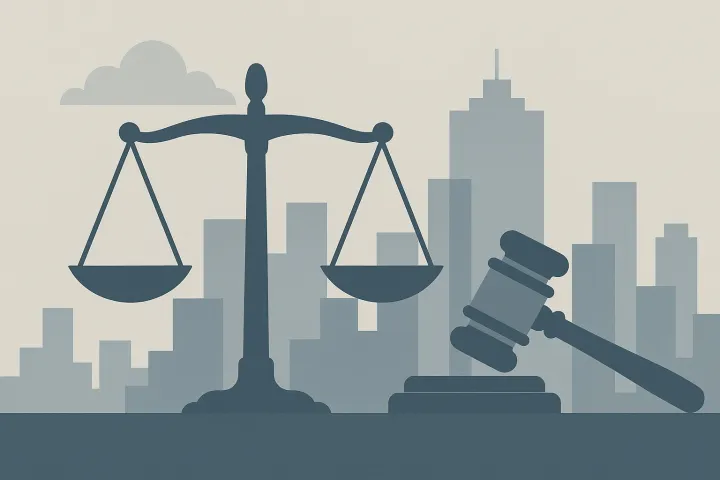The 83(b) election is one of the most consequential tax elections most startup founders and employees ever face—and yet, the system assumes silence. If you forget to file within 30 days, you’re out of luck, often facing disastrous tax outcomes.
It’s an antiquated trap for the unwary, and it doesn’t need to be this way. What if, instead of requiring taxpayers to elect in within 30 days, the law presumed you had made the election—unless you affirmatively opted out?
The Problem with the Current Rule
Under Section 83 of the Internal Revenue Code, when you receive stock that’s subject to vesting, you’re generally taxed as the stock vests—unless you file an 83(b) election within 30 days of the grant.
Filing that election lets you pay tax on the fair market value today, when the stock is usually worth very little, rather than years later when it might be worth exponentially more.
But here’s the absurdity: missing that 30‑day window—even by one day, or due to a lost envelope—can cost someone a fortune. There’s no late‑filing relief, no reasonable‑cause exception. The IRS doesn’t forgive. The system punishes honest oversight.
Why the Default Should Be Reversed
Tax policy should default toward simplicity and fairness. The current rule assumes taxpayers don’t want to accelerate taxation unless they jump through a procedural hoop.
In the startup world, the opposite is true—most founders and early employees want the election. They understand that paying a small tax bill up front is far better than paying a massive one later.
So why not flip the default? Make the 83(b) election automatic unless the taxpayer opts out within 30 days. Treasury could accommodate that administratively—no new burden, no new cost.
That single change would align tax law with economic reality: startup equity is illiquid, speculative, and should be taxed early, not late. The rare person who truly wants to defer could still do so by opting out.
Modernizing a Paper‑Era Rule
The 83(b) regime was built for a paper world—wet signatures, certified mail, manual processing. Meanwhile, equity is now granted and tracked digitally.
Reversing the presumption would modernize the Code in one elegant stroke:
- Simplify compliance.
- Reduce needless IRS correspondence.
- Align taxpayer intent with tax outcome.
- Eliminate a trap that raises little revenue but causes enormous harm.
A Simple Fix for a Complex System
Tax rules should not determine a founder’s future based on whether they remembered to mail a form while launching a company.
Reversing the 83(b) presumption would make the law more humane, more rational, and more consistent with how startups actually operate.
Make the election automatic. Let taxpayers opt out—not fall through the cracks.


